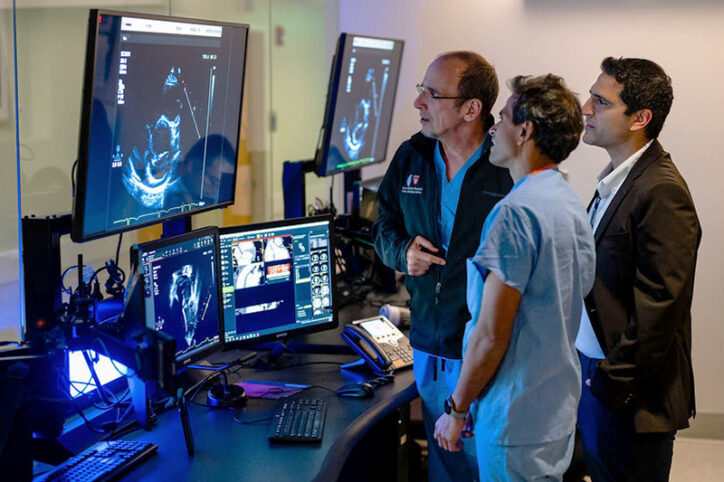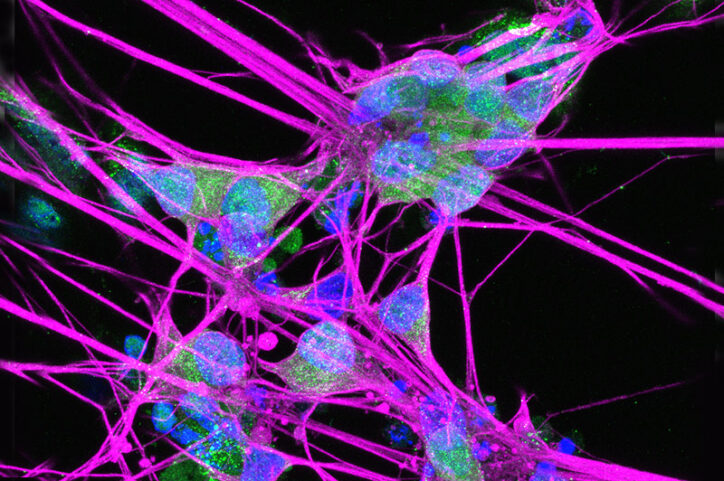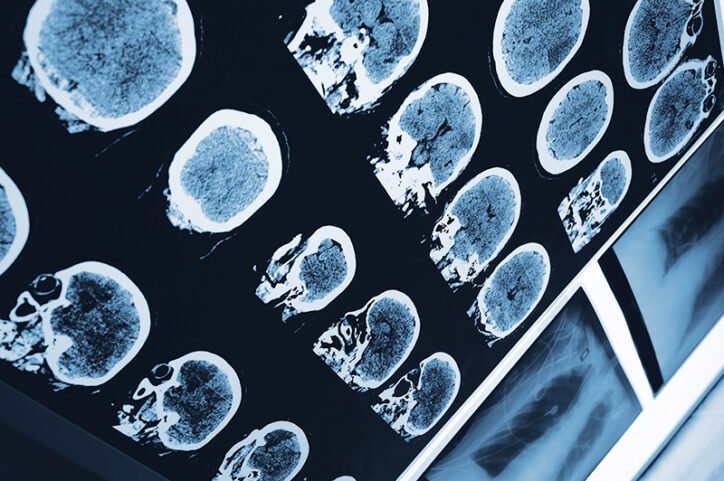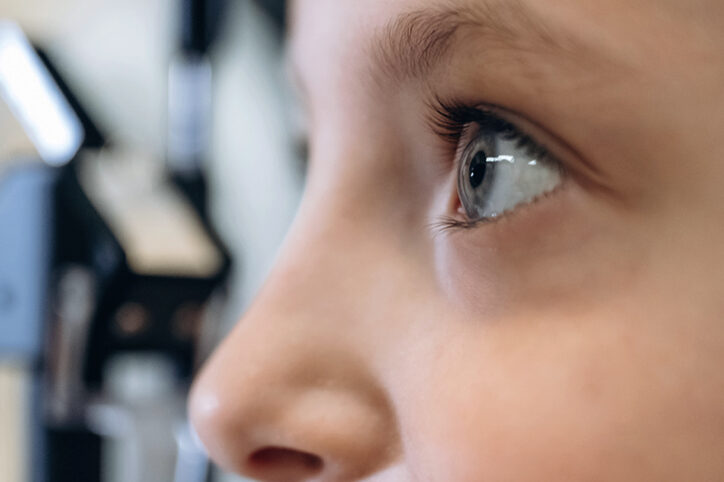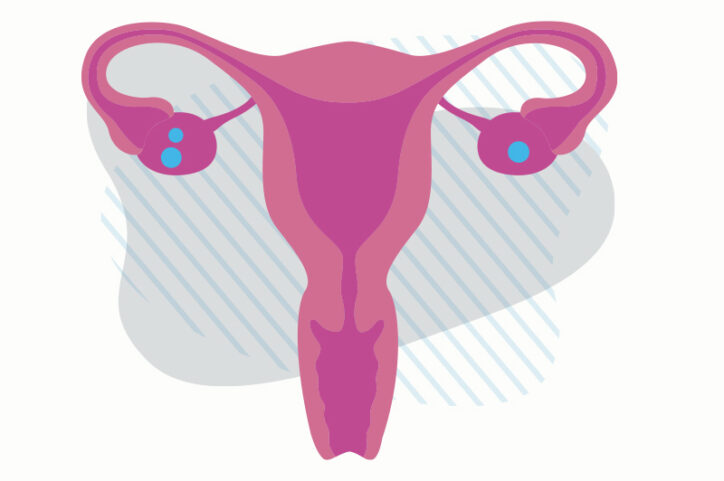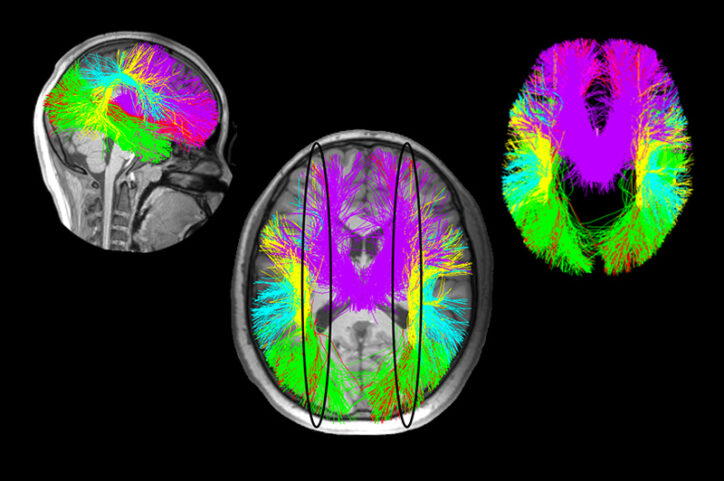AI-designed proteins open doors to new immunotherapies
Artificial intelligence (AI) is increasingly helping drive advances in science and medicine — including cellular signaling. In a recent study, published in Cell, a team of Boston Children’s researchers used groundbreaking AI-based protein design technologies to generate large numbers of immune cells — specifically T cells — in the laboratory and to enhance immune responses ... Read More about AI-designed proteins open doors to new immunotherapies
Advancing global health: Using AI to detect heart disease in children
In many low- and middle-income countries, pediatric cardiologists can’t help children with congenital heart conditions because of a critical hurdle. They don’t have easy access to advanced diagnostic technology. Key takeaways Children in many countries are not receiving proper heart care because they’re not being diagnosed. AI-powered electrocardiogram (AI-ECG) models could give cardiologists in these ... Read More about Advancing global health: Using AI to detect heart disease in children
Study highlights the severity of acute necrotizing encephalopathy in kids with the flu
For most children, influenza (flu) usually means unpleasant symptoms like a fever, sore throat, and achy muscles. But for a small subset of kids, the flu can trigger a rare but serious complication called influenza-associated acute necrotizing encephalopathy (ANE). This form of brain inflammation typically occurs in response to a virus — such as those ... Read More about Study highlights the severity of acute necrotizing encephalopathy in kids with the flu
Hope in sight for autosomal dominant optic atrophy (ADOA)
Autosomal dominant optic atrophy (ADOA), the most common genetic optic neuropathy, is an insidious disease. It often presents slowly during childhood by way of blurry vision, trouble reading or focusing, and sometimes only as a failed vision test. But behind these subtle signs lies progressive, irreversible vision loss in both eyes caused by deterioration of ... Read More about Hope in sight for autosomal dominant optic atrophy (ADOA)
The dopamine reset: Restoring what’s missing in AADC deficiency
In March 2023, a young girl came to Boston Children’s Hospital unable to hold up her head — one striking symptom of aromatic L-amino acid decarboxylase (AADC) deficiency. This rare neurological disorder prevents the brain from producing dopamine and serotonin — essential chemicals for controlling movement, mood, and basic body functions. Without them, children experience ... Read More about The dopamine reset: Restoring what’s missing in AADC deficiency
New research sheds light on the genetic roots of amblyopia
For decades, amblyopia has been considered a disorder primarily caused by abnormal visual experiences early in life. But new research from Mary Whitman, MD, PhD, pediatric ophthalmologist in the Department of Ophthalmology at Boston Children’s Hospital, and her colleagues suggests the story is more complicated. “There may be underlying neurodevelopmental differences in children with amblyopia ... Read More about New research sheds light on the genetic roots of amblyopia
Parsing the promise of inosine for neurogenic bladder
Spinal cord damage — whether from traumatic injury or conditions such as spina bifida — can have a profound impact on bladder function. This can result in neurogenic bladder, a problem in which damage to the nerves involved in urination leads to a loss of bladder control. Neurogenic bladder is currently managed with medication, Botox ... Read More about Parsing the promise of inosine for neurogenic bladder
Forging a path back to school after orthopedic trauma
Orthopedic trauma can force children to miss school, sometimes for an extended period. But even when patients have regained enough mobility to return to school, their schools aren’t always equipped to welcome them back. “Trauma is different from many other orthopedic conditions because it’s so unexpected,” says Kristin Livingston, MD, director of the Orthopedic Trauma ... Read More about Forging a path back to school after orthopedic trauma
New genetic insights could change how we treat, and talk about, polycystic ovary syndrome
Polycystic ovary syndrome (PCOS) has long been viewed as a hormonal disorder affecting women of reproductive age. However, ongoing research led by Jia Zhu, MD, attending physician in the Division of Endocrinology, and her colleagues is changing that. Their most recent findings indicate that PCOS is part of a broader metabolic and reproductive disorder that ... Read More about New genetic insights could change how we treat, and talk about, polycystic ovary syndrome
Unveiling the hidden impact of moyamoya disease: Brain injury without symptoms
Moyamoya disease — a rare, progressive condition that narrows the brain’s blood vessels — leads to an increased risk of stroke and other neurological conditions. Doctors treating children with moyamoya often face difficult decisions about treatment, notably deciding whether to perform revascularization, a surgery to bypass the narrowed blood vessels and restore blood flow. A ... Read More about Unveiling the hidden impact of moyamoya disease: Brain injury without symptoms



